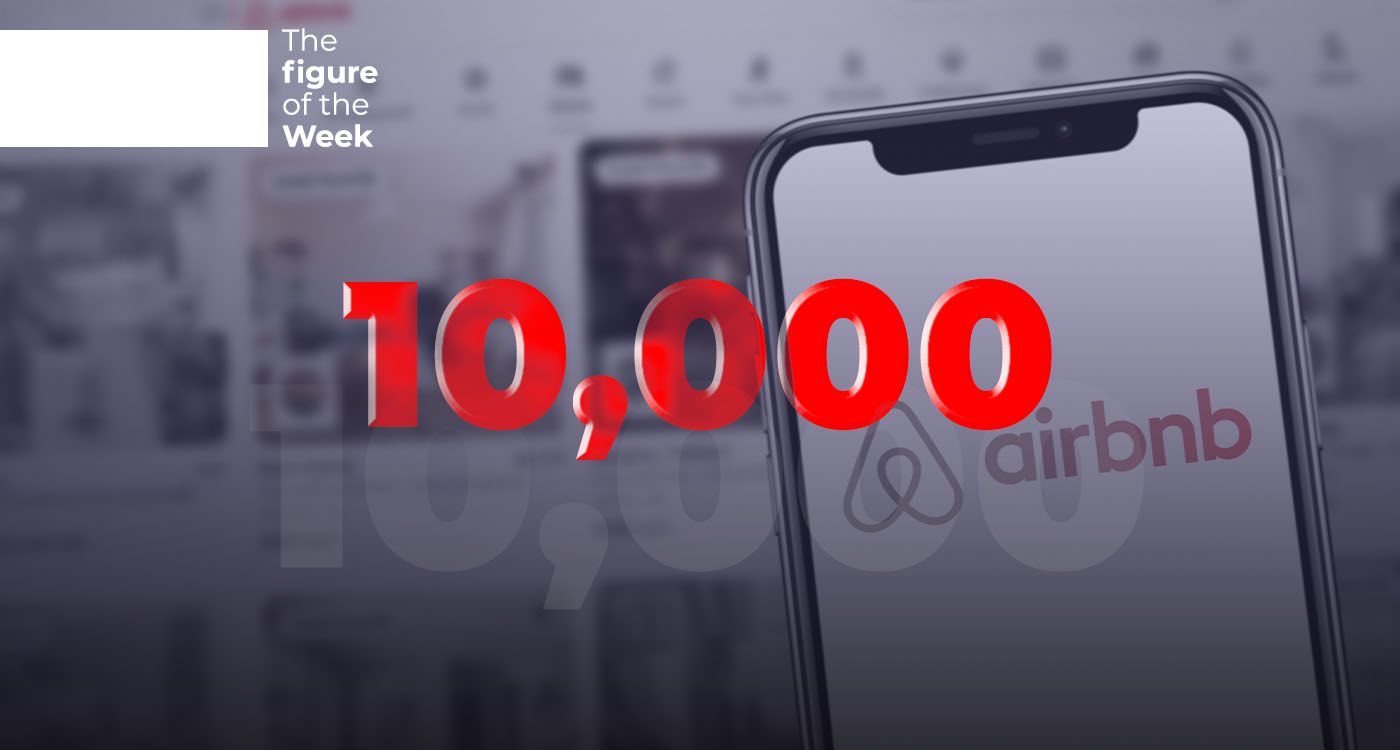- Home
- Figure of the Week
- Airbnb in Lebanon: The Platform Disrupting Traditional Hospitality

©This is Beirut
Airbnb, the California-born success story, has dramatically reshaped the landscape of tourist accommodation worldwide, and Lebanon is no exception.
The platform has seen remarkable growth across the country. The steadily increasing number of nightly listings reflects the scale of the phenomenon and is fueling growing concern within the hotel industry.
Lebanon’s hotel syndicate is raising red flags. In just a few years, Airbnb has captured a significant share of the market. This summer, occupancy rates in hotels and traditional furnished apartments dropped noticeably, challenged by the convenience and scale of short-term rentals just a click away.
By offering travelers more affordable, flexible and often more personalized options, Airbnb has disrupted the market equilibrium. For property owners, the platform provides a way to monetize unused real estate without bearing the regulatory or fiscal burdens that hotels face. There are no taxes, no social contributions and no staff to manage.
This lack of regulation is raising several concerns. Authorities have no oversight over guests, there is little fiscal transparency and cross-border financial transfers go largely unmonitored. These practices are further weakening an already fragile hospitality industry, battered by Lebanon’s prolonged economic crisis.
In many countries, Airbnb is permitted but closely regulated. Hosts are required to pay tourist taxes and share guest data with local authorities. In Lebanon, no such rules are in place. The legal vacuum has turned Airbnb into a symbol of a market operating in chaos.
Source: Syndicate of Hotel Owners in Lebanon
Read more





Comments